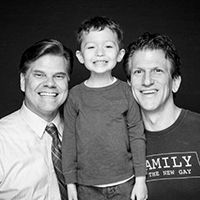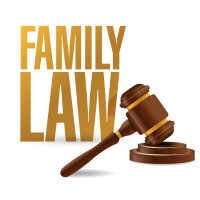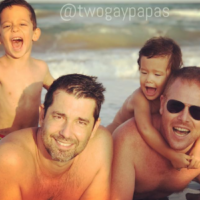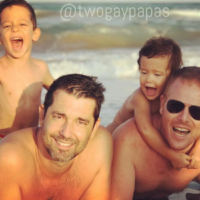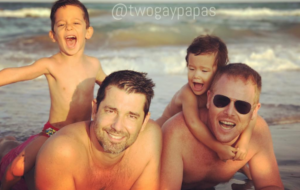“This is a tax case. Fear not, keep reading.”
So began the first published opinion of Judge Kevin Newsom of the U.S. Court of Appeals for the Eleventh Circuit, who was confirmed by the U.S. Senate last month. As Newsom viewed it, the dispute over Section 213 of the Internal Revenue Code required a detailed analysis of the birds and the bees.
At issue was an appeal by a gay man who maintained the Internal Revenue Service should have granted a $9,539 tax refund for $36,000 in medical services he funded in 2011 trying to conceive a baby through in vitro fertilization and a surrogate mother. Joseph F. Morrissey claimed the tax code allowed the deduction and the IRS violated his equal protection rights by denying it.
The IRS rejected the claim on the grounds Morrissey’s medical expenses didn’t meet the definitions of Section 213, which allows deductions for medical care of a “taxpayer, his spouse, or a dependent.”
Morrissey sued, but U.S. District Judge Richard A. Lazzara in Tampa ruled for the IRS. The Eleventh Circuit held oral argument on Aug. 24. Newsom, Circuit Judge Charles Wilson and visiting U.S. District Judge Federico Moreno of Miami affirmed a month later.
In the 25-page ruling, Newsom dissected the tax code as it applied to human reproduction. He noted the code defined “medical care” as “amounts paid … for the diagnosis, cure, mitigation, treatment, or prevention of disease, or for the purpose of affecting any structure or function of the body.”
Morrissey’s brief argued, “Because reproduction is a bodily function, the medical procedures employing Morrissey’s sperm to assist his biological conception of a child affected a function of his body. Morrissey therefore satisfies the statutory standard, as do the heterosexuals for whom the IRS allows the deduction of the very expenses denied here.”
But in the opinion, Newsom used Webster’s dictionary definitions of “affect” and “function” to rephrase Morrissey’s claim to show its failings: that his expenses for egg donation and surrogacy were incurred “for the purpose of materially influencing or altering (i.e., “affecting”) an action for which Mr. Morrissey’s own body is specifically fitted, used, or responsible (i.e., his body’s “function.”)
That position “mistakes the entire reproductive process for his own body’s specific function within that process,” Newsom added.
He offered “a primer on the science of human reproduction,” starting with asexual organisms and leading in humans to “the bottom line: the male body’s distinctive function in the reproductive process is limited and discrete” to providing healthy sperm.
If the $1,500 Morrissey spent on providing that sperm for the in vitro process had been a sufficient percentage of his adjusted gross income, those expenses could have been deducted, Newsom wrote. But the rest of the $36,000 spent on conception and surrogacy in 2011 didn’t affect Morrissey’s own reproductive function, so they couldn’t be deducted from his income.
On Morrissey’s equal protection claim, Newsom held that, although procreation is generally considered a fundamental right, procreating through in vitro fertilization of eggs from an unrelated third-party donor and the use of a surrogate is not.
The post Judge Analyzes Tax Deduction for Gay Parenthood in His First Opinion appeared first on Time For Families.
Source: Time for Families

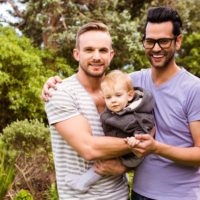


 Kristy and Dana Dumont have been married for six years.
Kristy and Dana Dumont have been married for six years.


